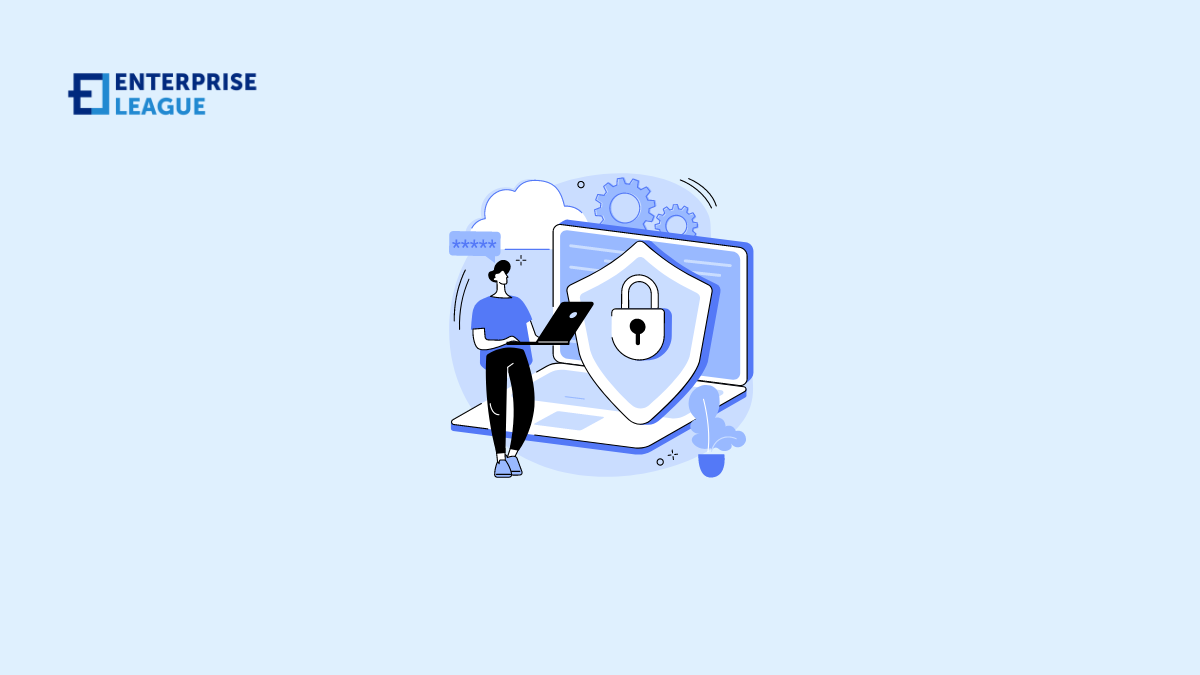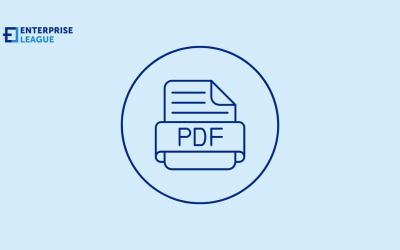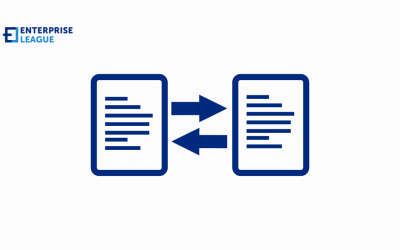Because of the increased risk of cyberattacks, various companies are more susceptible to losing data and reputation. Experiencing downtime because of a potential data breach is also possible, hindering operations that can result in revenue loss.
This article will explore the topic of cybersecurity risks and provide effective strategies and tips that companies can use to mitigate those risks. By implementing these measures, companies can better protect their assets and safeguard against potential threats.
What is a cybersecurity risk
Cybersecurity risk is the chance of getting exposed to cybercriminals. It’s about losing crucial assets and sensitive data because of a cyberattack or data breach inside a company’s network segmentation.
Cybersecurity risks that can occur to a company come in many forms, such as phishing, malware, zero-day exploits, social engineering attacks, password theft, ransomware, trojans, SQL injection, crypto-jacking, and many more.
Ideally, you can prevent these attacks from exploiting your IT infrastructure by hiring AT-NET’s IT support services and managed IT servicesin Chicago. This is one of the best ways to protect the data and the company.
Other ways to mitigate cybersecurity risks for your company
Besides hiring an IT support service to protect your company online, there are other steps that you can apply to ensure that you avoid losing data and other critical resources. Below are some examples.
Conduct a cybersecurity risk assessment
A cybersecurity risk assessment is about assessing the capability of an organization to secure its data and data systems from cyberattacks. It aims to recognize, evaluate, and focus more on information and information systems risks.
Performing a comprehensive cybersecurity risk assessment enables organizations to pinpoint and prioritize areas that require enhancements in their cybersecurity practices. It also allows them to share their cyber risks with stakeholders and conduct appropriate actions on how to allot resources to limit those risks.
Likewise, the following are examples of steps to conducting this assessment:
- Determine the value of each data
Given that many companies face budget constraints for assessments, concentrating on the most vital business assets is crucial. To save money and time, set a standard for identifying the value of an asset or unstructured data.
Once you officially integrate the standard into your company’s information risk management policy, employ it to categorize each asset as critical, minor, or major. Similarly, there are questions that you can consider in identifying the value of an asset or data. How significant is the data to your competitor? and are there legal or financial consequences tied to losing or exposing this data?
Ultimately, it’s also best to determine risks, assess impacts, and define risk tolerance levels to know which assets or data have the most value.
- Identify and prioritize assets
It’s crucial to determine what assets to secure. Thus, you must specify all physical and logical assets involved in this assessment and develop an inventory related to them.
Note that identifying assets doesn’t just revolve around determining those most crucial to your company and most likely to be exploited by cybercriminals. These critical assets are also more likely used by cyber attackers as pivot points, meaning they’re exploited so that these attackers can move from one compromised system to another system within a company. Thus, you must also prioritize other assets.
Set network access controls
Today’s NAC solutions are robust and flexible, with policy-based enforcement that enables extremely granular but still scalable levels of access control. Many companies can use NAC security for wireless and wired networks.
If your company wants to conduct proper NAC, below are some issues that it can address adequately:
- Secures your company from unauthorized intruders
- Visibility and asset management
- Powerful endpoint security
- Accurate user identification
Applying NAC solutions is one of the best ways to mitigate cybersecurity risks that can happen to any company.
Regularly monitor network traffic
Network traffic monitoring encompasses keeping tabs on connected devices, monitoring the information they access, and measuring bandwidth consumption.
To start with this type of monitoring, you can implement the following steps immediately:
- Select the right data source
- Choose the correct network points to monitor
- Monitor historical traffic metadata
Eventually, monitoring network traffic helps run your network how it should be. It can also prevent hackers from exploiting your systems and data.
Conclusion
In today’s digital world, cybersecurity risks are a real threat to all businesses. Therefore, companies must take proactive steps to prevent such threats and mitigate their associated risks.
This article has provided some practical tips that can help organizations strengthen their cybersecurity posture. By implementing these tips, companies can be better prepared to protect their digital assets and defend against cybercriminals.
More must-read stories from Enterprise League:
- The golden rules you need to build a steady buyer-seller relationship.
- Foretelling: transform your business by predicting future trends.
- Profitable and funny business idea that you can start today.
- The only list of novels for entrepreneurs that you will ever need.
- Unique ways to show your employees you care about them.
Related Articles
PDFs and the debate between tradition and innovation
Curious about the future of PDF? Learn about its integration with new technologies and explore some practical PDF tips to leverage all the power of this format!
The 10 Ds of entrepreneurship: Why are they important?
Are you familiar with the 10 Ds of entrepreneurship? Let’s see if you possess some or all of them that will launch you for success.
Optimizing performance and reliability in managed file transfer systems
Optimizing the performance and reliability of MFT systems is a continuous process that requires attention to infrastructure, software and strategic processes.
PDFs and the debate between tradition and innovation
Curious about the future of PDF? Learn about its integration with new technologies and explore some practical PDF tips to leverage all the power of this format!
The 10 Ds of entrepreneurship: Why are they important?
Are you familiar with the 10 Ds of entrepreneurship? Let’s see if you possess some or all of them that will launch you for success.






